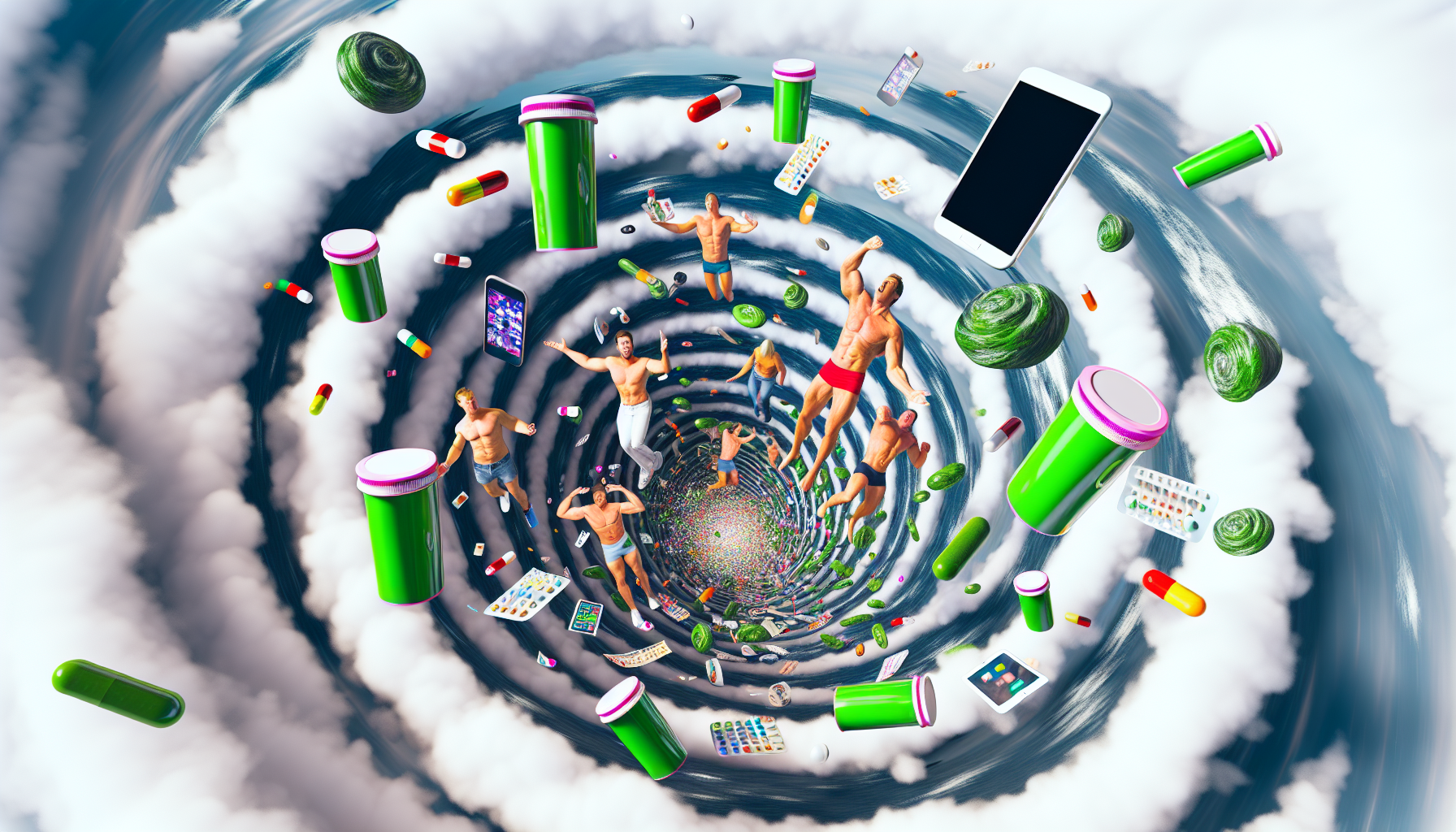
WINNING THE HEALTH INFO WAR.
17/05/2024
Social media is a vortex of misinformation. Mischa Christie has some advice for health brands.
‘Never Google your symptoms’.
For people prone to panic, that’s always been sound advice. But with TikTok and Instagram increasingly being used to discover information, the adage needs an update.
Thanks to social media, just about anybody can have a shot at influencing. Which is all fun and games, if you’re selling Stanley cups.
Not if you’re spreading useless - or even dangerous - ‘health’ advice.
Influencers are shaping consumption in a big way, so it’s no surprise that this has permeated the health space - spawning countless trends.
Here are some of the worst…
75 Hard
Drink four litres of water every day. No cheat meals or alcohol. Exercise twice a day for 45 minutes each time, with at least one session happening outside. Do this for 75 days straight.
And if you fail at any point, you have to start all over again.
Up for the challenge?
You shouldn’t be. “Following a specific diet with no room for error is unsustainable, mentally draining and has the potential to aid in the development of disordered eating,” says Marley Bigos, a fitness instructor at Barry’s LA.
Mouth Taping
Who doesn’t want better sleep? Well, mouth tapers think they have the answer.
It’s exactly what it sounds like. It means literally taping over your mouth while you sleep, to supposedly prevent issues like snoring and dry mouth.
But not only do mouth-tapers face possibly worse sleep quality, they mess with their ability to…literally breathe. Which is quite important.
Berberine (Ozempic Dupe)
Dubbed “nature’s Ozempic” by some on social media, Berberine risks kidney and liver issues.
“An active pharmaceutical drug like Berberine, it’s not the kind of thing that you should just be taking willy-nilly,” says Dr. Fatima Cody Stanford, an obesity medicine specialist at Massachusetts General Hospital in Boston.
Dupes are for fashion, not drugs.
Dry Scooping
In 2022, ‘dry scooping’ gained popularity with fitness influencers and gym bros alike.
For some, it didn’t increase their performance in the gym. It gave them heart attacks and breathing issues.
Thankfully, the trend is no longer searchable and if you try, you’re met with a health warning.
A cursory scroll is all it takes to see that social media is dripping with health misinformation.
So remember:
1. Misinformation is about emotion, not logic
While fact-checking is important, the truth doesn’t have an inherent gravitational pull.
Instead, push the truth to consumers with emotive, social-first content.
2. Creativity sells
In a world of fake news, expertise is critical.
But it’s not enough to just say this. Again, storytelling will make it matter.
3. Don’t wait for a crisis
Finally, preemptively understand where you’re vulnerable.
How might your brand show up on social media? What conversations or trends might your products intersect with?
Get on the front foot by proactively shaping these conversations.
Misinformation is f*cking scary, but it’s not going anywhere.
Brands need to step up.
